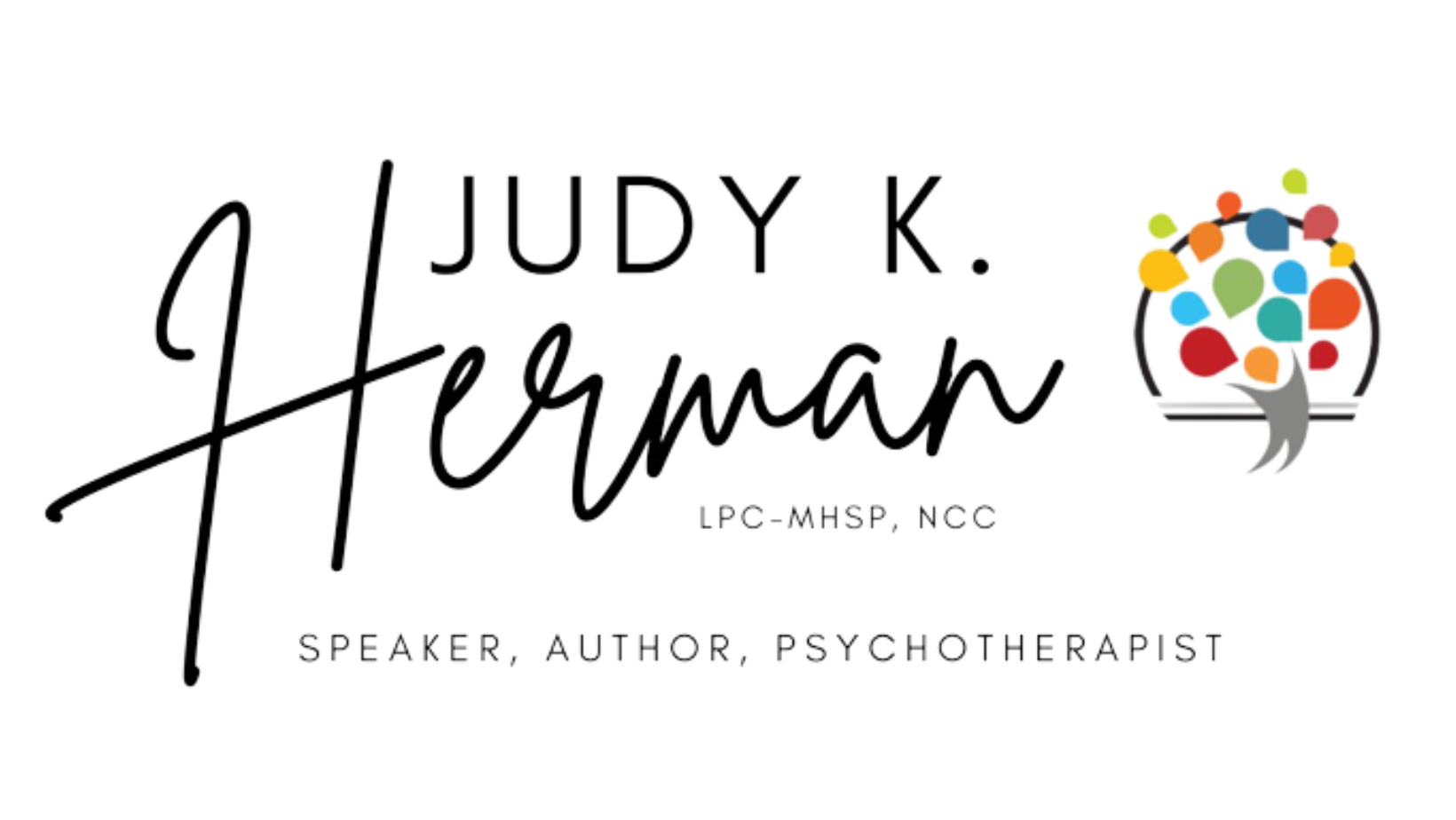3 Tips to Attract Ideal Clients Every Mental Health Professional Needs
There’s no doubt that every Mental Health Professional starts out with a whole lot of questions, especially at the beginning. The problem is, many experience burnout and stress by being a “general practitioner.” They take on cases that drain their energy. It might be the insurance industry, or just thinking they need to fill up their hours. Rather than submit to systems that feel too enclosed, many just throw up their hands and give up. But it doesn’t have to be that way. Here are 3 tips to attract ideal clients every mental health professional needs. These three tips will help you breathe fresh A.I.R. into your profession. They are Awareness, Intentionality, and Risks.
Tip #1: Awareness of what drains or energizes you
After reading the book, “Getting the Love you Want” by Harville Hendrix and Helen LaKelley Hunt, I was curious about Imago Therapy. Then, I spent a weekend assisting another seasoned Imago Relationship Therapist. It was my first exposure to this particular modality. I felt energized in seeing couples transform from conflict to connection. While facing my own insecurities, I was drawn to get more training and become certified. The following exerpt is included in my book “Beyond Messy Relationships.” I pondered the words of my spiritual director, Dr. David G. Benner.
We talked about my growing counseling practice. I felt both unsettled and drawn to counseling couples. But how would pastors or prospective clients trust me as a couple’s counselor since I was divorced?
He said something like this: “Judy, allow your counseling practice to grow out of your being. Remember you are a human being. Don’t get caught up in living as a ‘human doing.’ Let your counseling reflect your grounding in truth. Remember that you are a person rather than a theology.”
You can count on there being seasons of transitions and change throughout your counseling career. Especially now while we are all facing the effect of the pandemic, it’s vital to know what is draining and what is energizing. This profession requires acute self-awareness. We must be attuned to our needs as Mental Health professionals.
Remember you are a human being. Don’t get caught up in living as a ‘human doing.’ Share on XExpect days in which you wonder why you entered this field in the first place. And other days may feel like “holy ground.” Of course, we have “normal” days in which neither extreme happens. But of course, we strive to make space for those “aha” life-affirming transitions.
Given our continual awareness, this leads to tip # 2. Intentionally envision your ideal practice.
Tip #2: Intentionally envision your ideal practice
Without a vision, we are sure to remain stuck doing the same therapy year after year. We work with the same type of clients because insurance dictates our client load. As a result, we put ourselves at risk for negativity, cynicism, and stress.
But just as we plan for vacations with a specific destination in mind, we need to envision our ideal counseling practice. It’s vital that we evolve, learn, and innovate ourselves professionally.
So many of us become isolated even in group practices. Without awareness, we stay in our comfort zone with those we’ve known for years. We go to the same conferences for our CEU’s.
It’s vital that we evolve, learn, and innovate ourselves professionally. Share on XHere’s a couple of conferences I’ve recently learned about.
Not So Typical Psychotherapist Summit
Therapy Reimagined 2020
It’s extremely important to build relationships and grow our perspectives with other mental health professionals. Given our continual awareness and intentional vision, this leads to tip # 3. Risk growing your services.
Tip #3: Risk growing your services
In the last few short months, because of the pandemic, we have learned how to do therapy online via telemental health. It’s made our services either more challenging, exciting, or somewhere in-between.
Many therapists have felt overwhelming stress and tried to be available to all in need. But to do so is to put ourselves at risk for burnout.
It’s time now to think outside the four walls of our counseling practices. Recently I presented a workshop on “How to Facilitate Group Empathy Using Communologue.” And I connected with other therapists online.
It’s a challenge to change, of course. But our time is valuable and the needs are great. As a result, it’s so necessary to integrate what you love to do as an added service in your practice. For example, I created a Facebook group for “Vibrantly Authentic Therapists.”
It will amaze you at how much you’ll nurture your own soul while attracting ideal clients. So whether you’re just starting out, or you’re a seasoned therapist, it’s vital that you breathe fresh A.I.R. Awareness, Intentionality, and Risks.
Your next step
- To find out more about how to connect with other therapists, Join our Vibrantly Authentic Therapist Group
- And for local therapists, join our Authentic Therapist Adventure Club.




